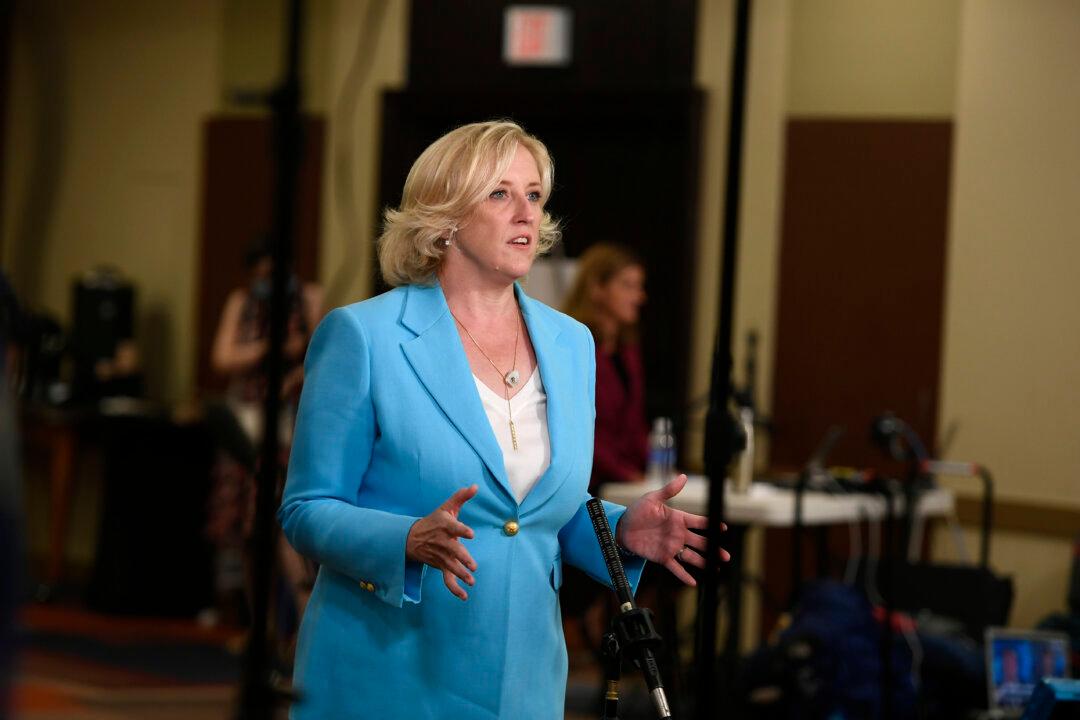A former Tory cabinet minister says the Liberal government “chose to make it easier” for Bell to lay off 9 percent of its workforce, and shouldn’t be surprised by the company’s announcement.
Former Labour Minister Lisa Raitt said on social media that no one in the federal government “should be surprised [or] angered” by the news that Bell was planning to reduce its workforce and sell nearly half of its regional radio stations across the country.





